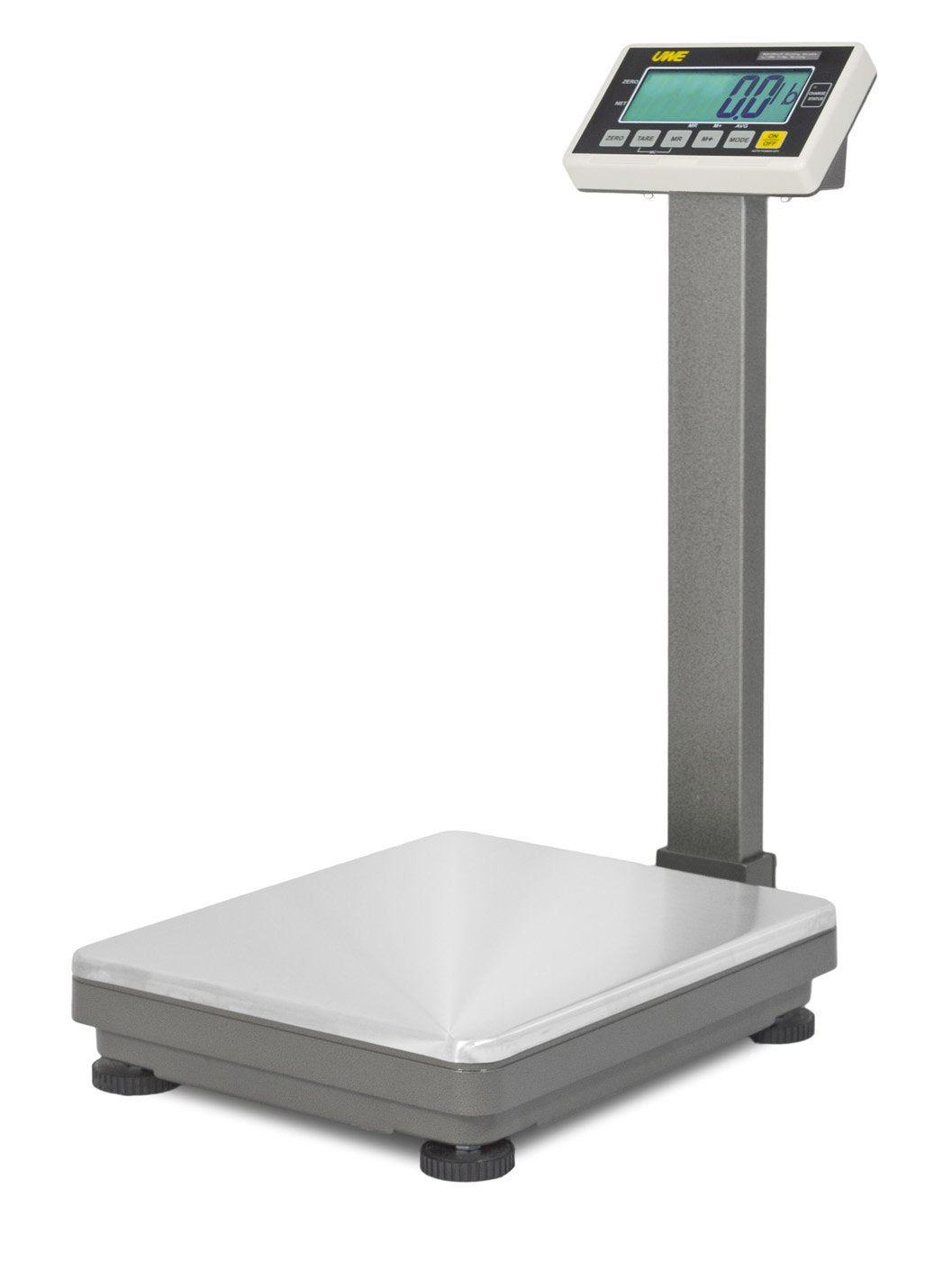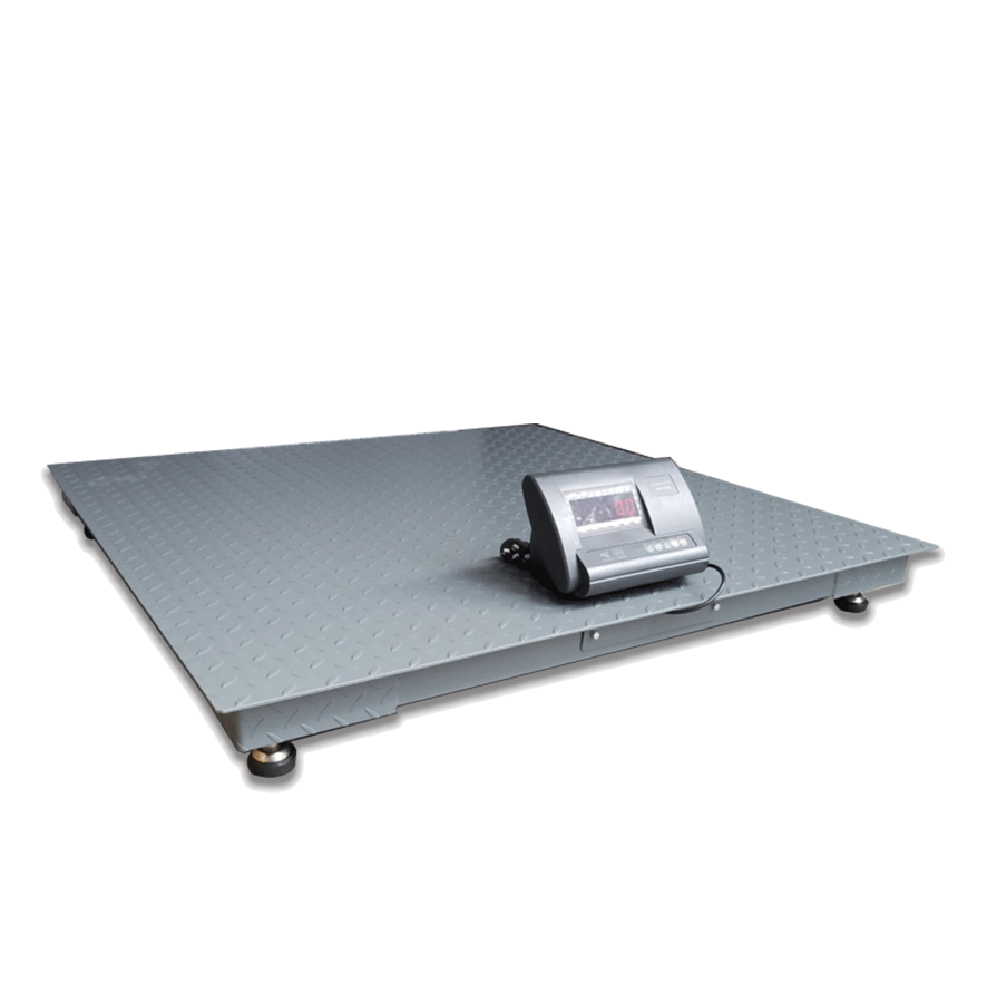Why Precision Issues When Selecting Industrial Scales for Job
Why Precision Issues When Selecting Industrial Scales for Job
Blog Article

Leading Attributes to Seek in High-Quality Industrial Scales
In the realm of industrial procedures, picking the right range is important for ensuring effectiveness and precision. Key functions such as precision and precision, along with toughness and develop top quality, play a substantial role in establishing the suitability of a scale for specific applications.
Precision and Accuracy
Making sure the precision and precision of industrial ranges is critical for reliable operations throughout numerous markets. Exact measurements are essential in markets such as production, logistics, and food processing, where even minor discrepancies can cause significant monetary losses, compromised product top quality, or governing non-compliance. High-grade commercial scales are created to deliver trustworthy performance, using innovative technology to guarantee exact weight analyses.
The calibration process is essential in maintaining the accuracy of these ranges. Normal calibration versus accredited referral weights makes certain that any drift in measurement is remedied, consequently upholding compliance with market requirements. Furthermore, making use of high-resolution lots cells boosts the scale's capability to identify minute weight adjustments, further improving its precision.

Durability and Build Quality
Sturdiness and develop high quality are critical aspects that figure out the long life and integrity of commercial ranges popular settings. Industrial ranges are often subjected to harsh conditions, including direct exposure to dust, moisture, and heavy loads. Therefore, the materials made use of in their building and construction play an important role in ensuring they can withstand these obstacles.
High-grade commercial ranges commonly include robust real estates made from products such as stainless steel or aluminum, which not only offer structural honesty however also resist deterioration and wear. Additionally, attention to information in the style, such as reinforced edges and shock-absorbent feet, can improve longevity and shield sensitive components from damages.
Additionally, high-grade elements, consisting of load cells and digital parts, add to the general build quality. These parts must be developed to endure temperature variations and vibrations typically found in commercial settings. Making certain proper access protection (IP ranking) is likewise important, as it shows the scale's capacity to withstand dirt and liquid exposure.
Inevitably, choosing commercial ranges with exceptional resilience and develop top quality will lead to an extra reliable, lasting remedy that meets the extensive needs of various industrial applications.
Lots Capability and Array
When selecting industrial scales, recognizing their load capability and array is vital for conference specific operational requirements. Lots capacity describes the optimum weight that a range can accurately determine, while the variety shows the spectrum of weights the range can handle efficiently. It is vital to pick a scale that not only satisfies present demands yet additionally accommodates potential future demands.
Different markets have special weight dimension demands. A production facility may require scales capable of weighing heavy machinery components, while a laboratory might only require ranges for lighter materials. Selecting a scale with a proper lots capability makes sure accuracy and precision, avoiding overloading that could lead to tools damages or inaccurate readings.
Additionally, it is very important to take into consideration the step-by-step level of sensitivity of the scale within its variety. A range that can determine both heavy and light weights accurately can boost functional efficiency, enabling flexible applications. Buying ranges with appropriate load ability and array considerably adds to efficiency, compliance with market standards, and total operational integrity. Therefore, detailed analysis of these requirements is vital prior to purchase.
Simplicity of Usage and Maintenance

Along with user-friendliness, simplicity of maintenance is another important facet to consider. Scales that are created with obtainable elements assist in regular maintenance jobs such as calibration, cleaning, and battery substitute. A modular design can even more simplify these procedures, permitting fast repairs and marginal downtime.
Moreover, the products utilized in the construction of commercial scales play a considerable function in upkeep. Scales made from durable, corrosion-resistant products are much easier to tidy and much less prone to damage, which prolongs their lifespan and decreases general operational expenses.
Routine upkeep schedules, led by the producer's referrals, are crucial for guaranteeing ideal performance. By focusing on simplicity of use and maintenance, services can make sure that their commercial scales remain efficient, reliable, and effective devices in their procedures. This leads to improved performance and a much more reliable workflow.
Connection and Integration Choices
Integrating industrial ranges into existing functional frameworks is considerably enhanced by robust connection options. Top notch additional info industrial scales should supply multiple connectivity methods, including USB, Ethernet, and wireless choices such as Wi-Fi or Bluetooth. These attributes facilitate smooth information transfer to main databases, ERP systems, or cloud platforms, making it possible for real-time monitoring and coverage.
Furthermore, progressed assimilation choices enable for compatibility with existing equipment, such as printers or barcode scanners, streamlining procedures and boosting workflow performance. Ranges that support industry-standard methods, such as Modbus or RS-232, can conveniently interact with various devices and systems, guaranteeing a natural functional environment.
One more important facet is the ability to incorporate with software remedies that assess and envision data - Industrial Scales. Ranges geared up with APIs or software program development sets (SDKs) give organizations the versatility to tailor wikipedia reference performances customized to their specific requirements
Last but not least, considering future scalability is vital; selecting scales that can adapt to progressing technological advancements ensures long-lasting worth and minimizes the demand for costly substitutes. In recap, evaluating connection and combination options is vital when picking top notch industrial ranges that will boost functional effectiveness and data management.
Conclusion
In final thought, selecting high-quality commercial scales necessitates careful factor to consider of numerous critical functions. Industrial Scales. Focusing on these features ultimately leads to boosted efficiency and long-term worth in commercial applications, enhancing the significance of notified decision-making in scale selection.
In the world of industrial operations, choosing the right range is critical for making certain look at here now effectiveness and precision.Ensuring the accuracy and precision of industrial ranges is paramount for effective operations throughout different sectors. Lots ability refers to the optimum weight that a scale can properly measure, while the range indicates the range of weights the scale can handle properly. A manufacturing facility may need ranges capable of considering heavy machinery components, while a lab may only need ranges for lighter materials. By prioritizing simplicity of use and maintenance, businesses can ensure that their industrial ranges stay effective, reputable, and effective tools in their operations.
Report this page